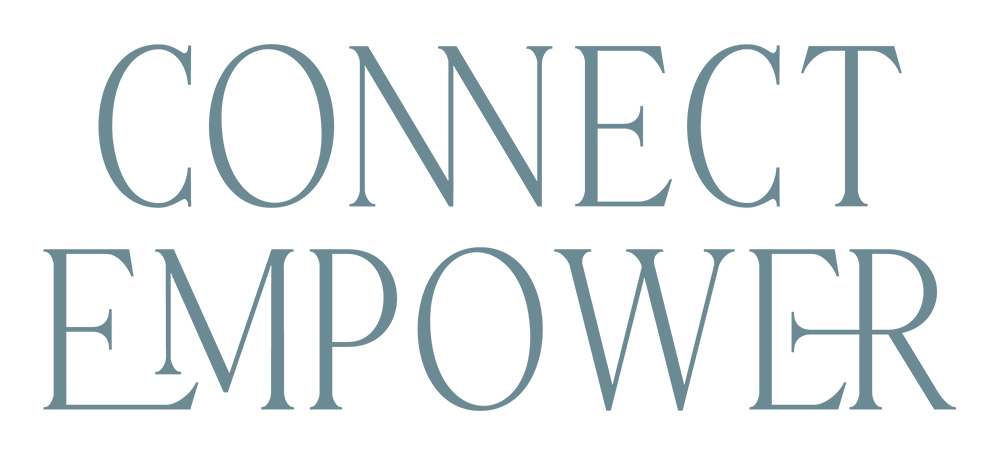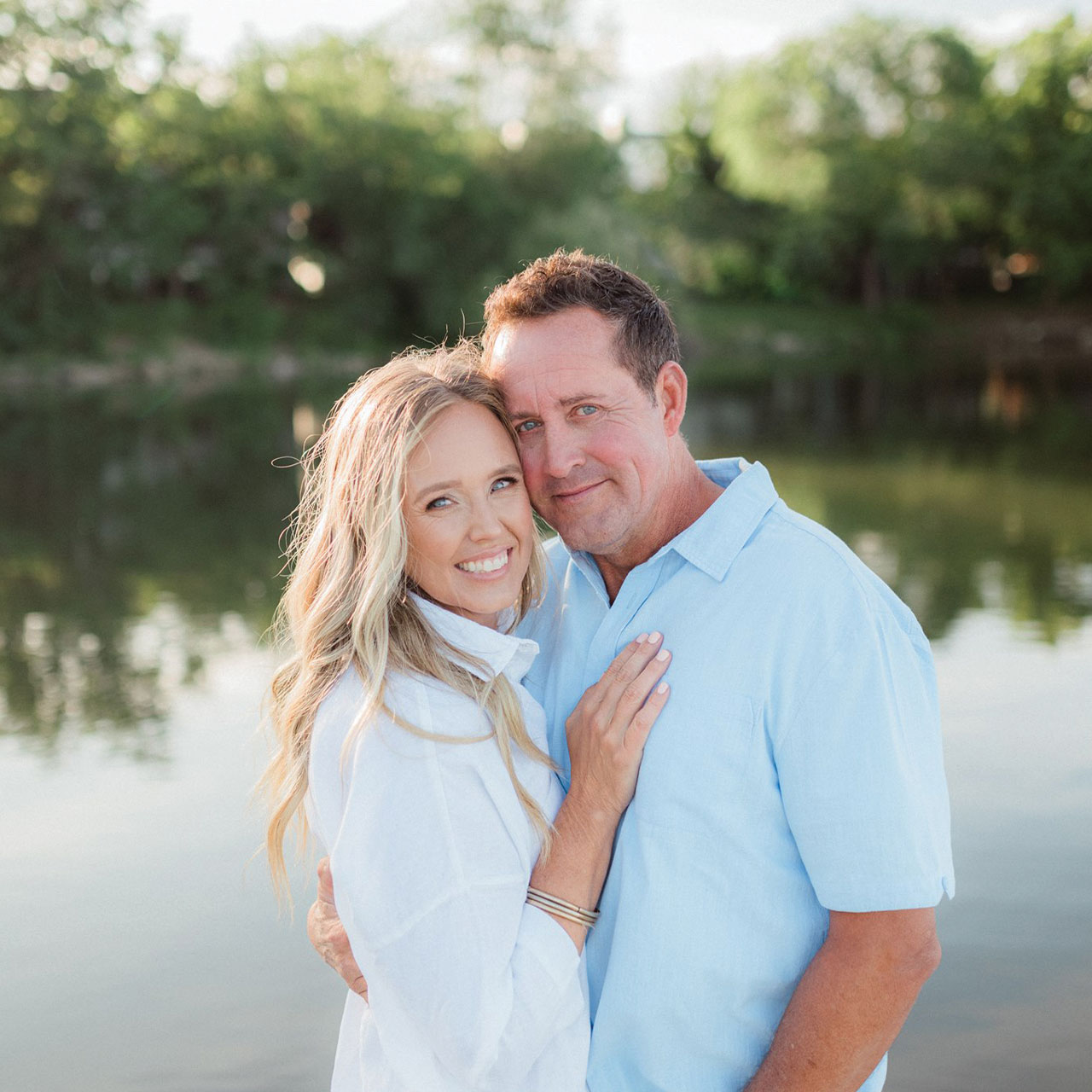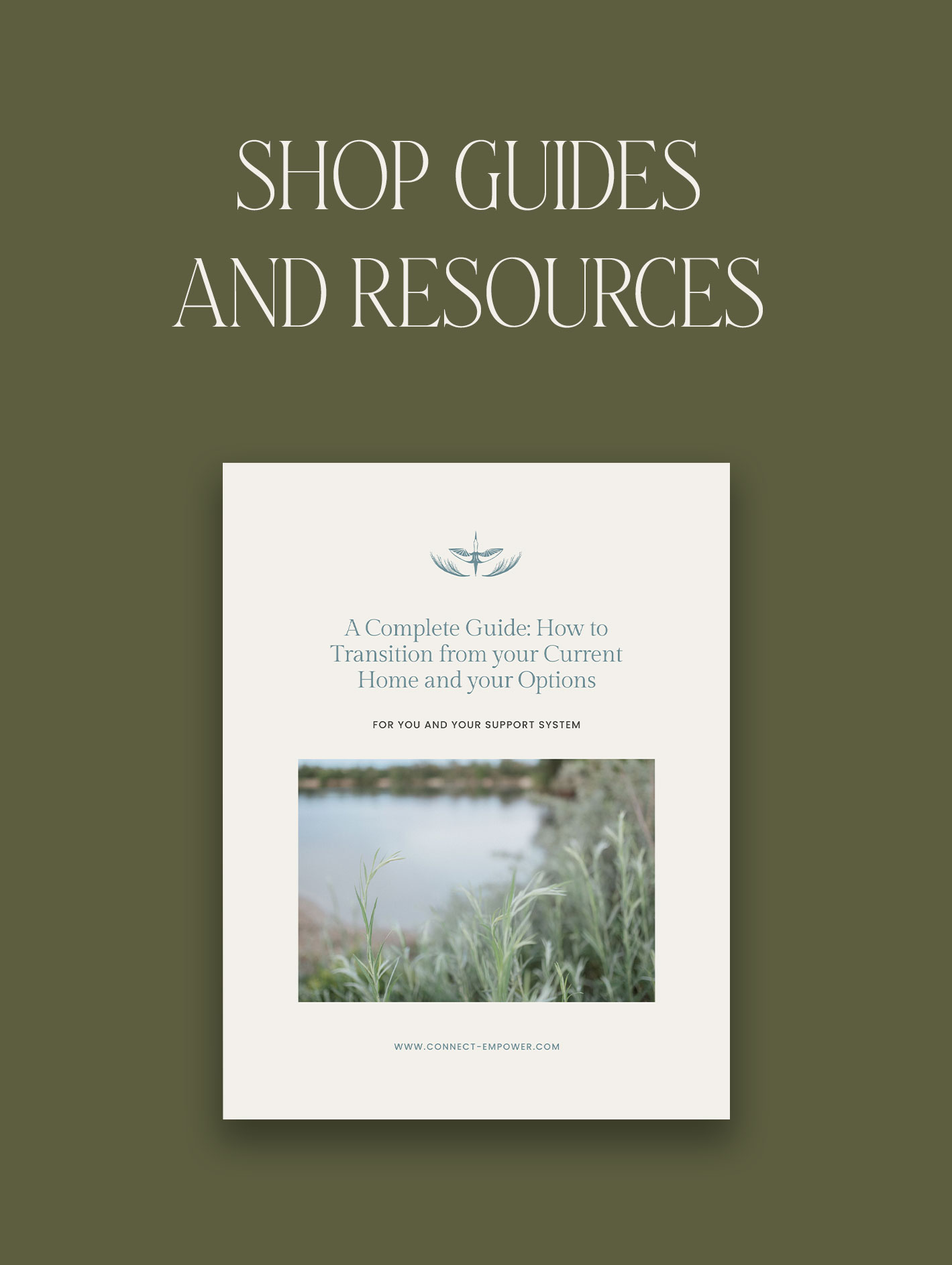
Did you know there are Wilderness Chaplains? How about the difference between a Chaplain and a Pastor and/or Priest? Chaplain Marissa Click sheds light on these questions and on the significance of having conversations about end-of-life care and making informed decisions for aging adults.
Understanding the Role of a Chaplain:
Chaplain Marissa Click, an oncology and palliative care chaplain, shared her journey into the field of chaplaincy. She emphasized that chaplains come from various religious backgrounds (or none at all) and are trained to provide spiritual and emotional support to individuals in healthcare settings. Their role is to help patients and their families navigate the difficult questions and decisions that arise during times of illness and end-of-life care.
The Significance of Advanced Care Planning:
Advanced care planning involves having conversations and making decisions about future healthcare scenarios. Chaplain Click highlighted the importance of discussing one’s values, beliefs, and goals for quality of life with loved ones. By engaging in advanced care planning, individuals can ensure that their wishes are known and respected, even if they are unable to communicate them at a later stage.
Components of Advanced Care Planning:
Chaplain Click explained that advanced care planning involves two main documents: an advance directive and a Physician’s Order for Scope of Treatment (POST) form. An advance directive is a written document that outlines an individual’s healthcare preferences and designates a healthcare agent to make decisions on their behalf. On the other hand, a POST form is a doctor’s order that specifies the level of medical intervention desired in the event of a medical crisis.
Initiating the Conversation:
Having conversations about advanced care planning can be challenging, but they are crucial for ensuring that an individual’s wishes are honored. Chaplain Click suggested different approaches based on family dynamics and communication styles. Some families may prefer a direct and honest approach, while others may find it helpful to ease into the conversation by discussing hypothetical scenarios or sharing personal experiences.
Benefits of Advanced Care Planning: Engaging in advanced care planning offers several benefits. It provides peace of mind for individuals, knowing that their healthcare preferences will be respected. It also alleviates the burden on family members who may otherwise have to make difficult decisions during times of crisis. By proactively discussing end-of-life care, families can avoid potential conflicts and ensure that their loved ones receive the care they desire.
By engaging in these conversations and documenting their wishes, individuals can have peace of mind knowing that their values and beliefs will guide their care. Advanced care planning is a gift to oneself and loved ones, as it promotes open communication, reduces stress, and ensures that end-of-life decisions align with personal values and goals.
Remember, it is never too early to start a conversation about advanced care planning. Take the time to discuss your wishes with your loved ones and consider consulting with a healthcare professional or chaplain to guide you through the process.
If you enjoyed this conversation with Marissa Click as much as we did and would like to talk to her about advance care directives, you can reach her at St. Al’s by phone at 208.367.3194 or email at marissa.click@saintalphonsus.org. If you are interested in hospice or you would like to volunteer, you can reach her at Bluebird by phone at 208.336.9898; directly at 208.949.7548 or email at marissa.click@bluebirdhealth.com.
Don’t forget to share with your family and friends the tips you learned and check out our other episodes!
John & Erin






